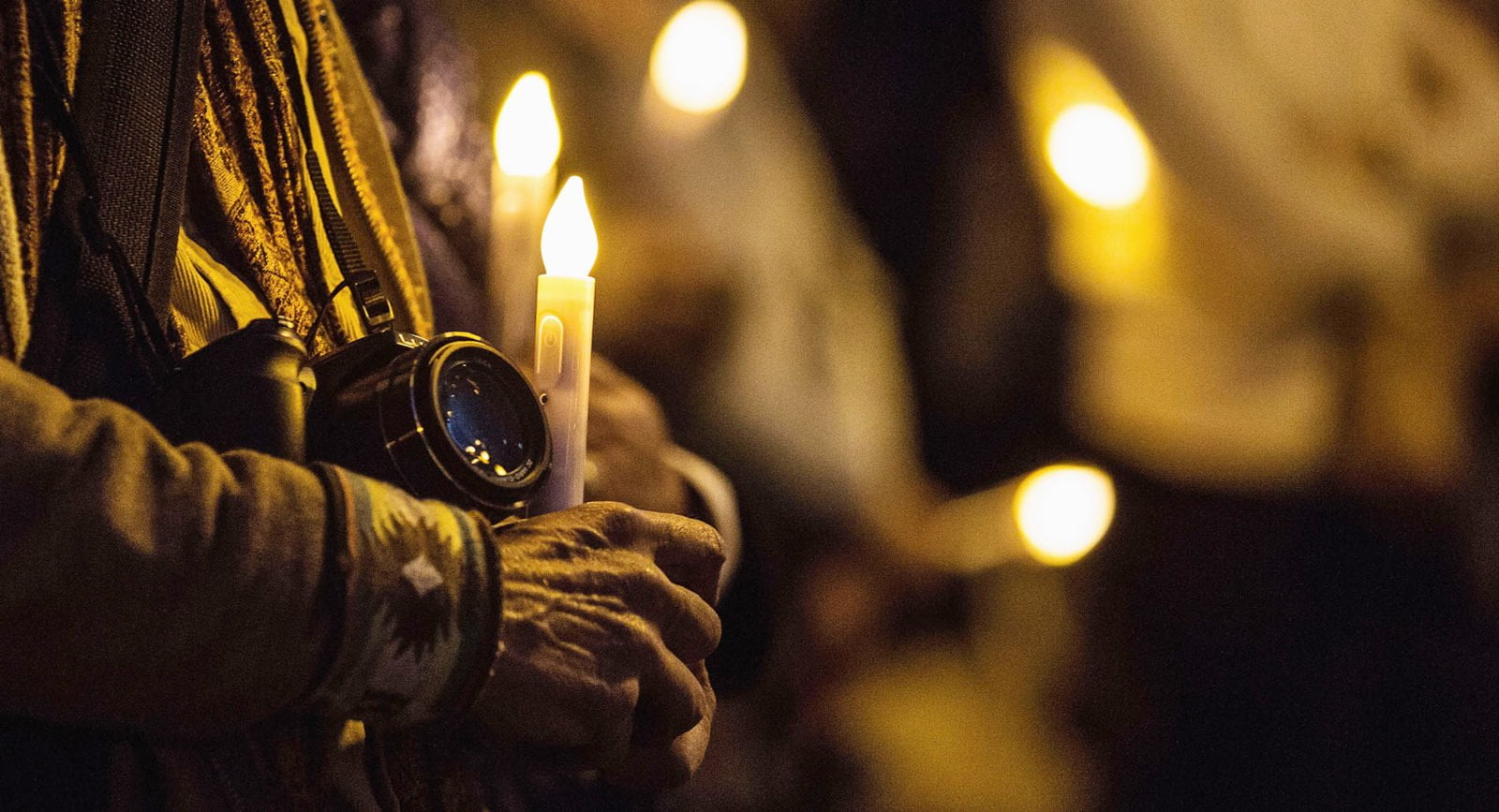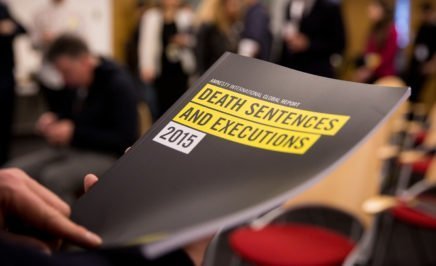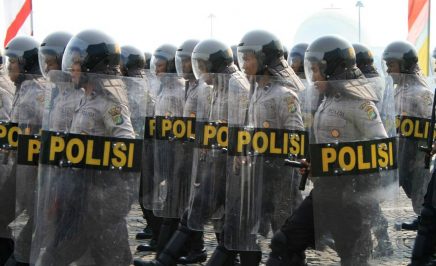Amnesty International has received credible reports that at least 14 people could be executed this week, who consist of four Indonesian and ten foreign nationals, including a Pakistani, an Indian, a Zimbabwean, a Senegalese, a South African, and five Nigerians.
“President Widodo’s era was supposed to represent a new start for human rights in Indonesia. Sadly, he could preside over the highest number of executions in the country’s democratic era at a time when most of the world has turned its back on this cruel practice,” said Josef Benedict, Amnesty International’s Deputy Director for South East Asia and the Pacific.
Amnesty International has learned that at least a dozen death row prisoners could be executed as soon as this weekend, many of them for drug offences. The organization is also concerned that some of the prisoners who could face the firing squad were convicted in manifestly unfair trials and have not submitted clemency request to the President.
“President Widodo’s era was supposed to represent a new start for human rights in Indonesia.”
Josef Benedict, amnesty international
In a report published by Amnesty International last year, the organization found that in 12 cases defendants were denied access to legal counsel at the time of their arrest, and at different periods thereafter. Some claimed they were subject to torture and other ill-treatment while in police custody, and were forced to “confess” to their alleged crimes. To date, these claims have not been investigated by the authorities.
Appeal for clemency
The Indonesian government’s decision to go ahead with a third round of executions has already met with an appeal for clemency by Pakistan and many others.
The Pakistani authorities have called on their Indonesian counterparts to halt the execution of Zulfiqar Ali, a Pakistani national and textile worker, who has described how he was tortured in custody and has spent more than a decade on death row for a drug offence. During his pre-trial detention, he was refused the right to contact his embassy and was not permitted any access to a lawyer until approximately one month after his arrest.
“As the case of Zulfiqar Ali shows, international law has been repeatedly violated in death penalty cases, from the time of arrest, throughout the trial, and at appeal stage. Regardless of what we think of the death penalty, no one must have their life decided on the basis of such flawed proceedings,” said Josef Benedict.
“The international community should be alarmed by the revival of executions, and other countries should speak up for those facing the death penalty in Indonesia.”
“The international community should be alarmed by the revival of executions, and other countries should speak up for those facing the death penalty in Indonesia.”
Josef benedict, amnesty international
The decision to resume executions is also proving controversial inside the country, including opposition from religious clerics and parliamentarians.
Indonesia has a strong record of fighting for the rights of its citizens abroad on death row, but that is a position that the authorities do not consistently uphold at home, where President Widodo has claimed that the death penalty is needed to deter drug crime.
“There is no evidence to support President Widodo’s position. The death penalty does not deter crime. Carrying out executions will not rid Indonesia of drugs. It is never the solution, and it will damage Indonesia’s standing in the world,” said Josef Benedict.
“If President Widodo is serious about claiming a place for Indonesia on the world stage and as a leader for the region, he cannot ignore its human rights obligations. The first step towards that must be a moratorium on executions with a view to ridding Indonesia of the unjust punishment once and for all.”
Background
The last executions to occur in Indonesia were carried out in January and April 2015, when six and eight people, respectively, were put to death by firing squad. The previous administration under Susilo Bambang Yudhoyono carried out 21 executions between 2005 and 2013.
At least four death row prisoners were moved to Indonesia’s Nusakambangan prison island in recent weeks, where 13 of the 14 executions carried out in 2015 took place. The death row prisoners have been convicted of drug-related offences and some did not receive a fair trial.
In cases examined by Amnesty International, some prisoners claimed the police tortured them, including to extract ‘confessions’. Many weren’t given access to a lawyer at the time of their arrest and at other stages of the process. In a 2015 report, Flawed Justice: Unfair Trials and the Death Penalty in Indonesia, Amnesty International highlighted the cases of 12 death row prisoners whose cases illustrate the manifestly flawed administration of justice in Indonesia that resulted in flagrant human rights violations.
In cases examined by Amnesty International, some prisoners claimed the police tortured them, including to extract ‘confessions’.
Amnesty International opposes the death penalty in all cases without exception, regardless of the nature or circumstances of the crime; guilt, innocence or other characteristics of the individual; or the method used by the state to carry out the execution.





